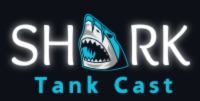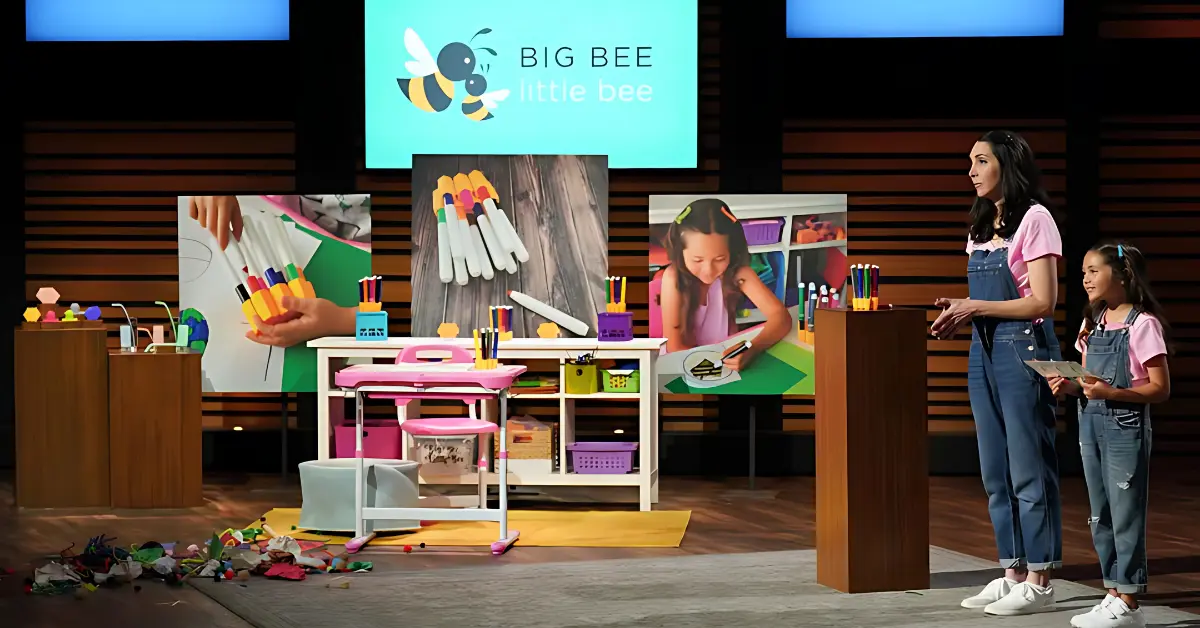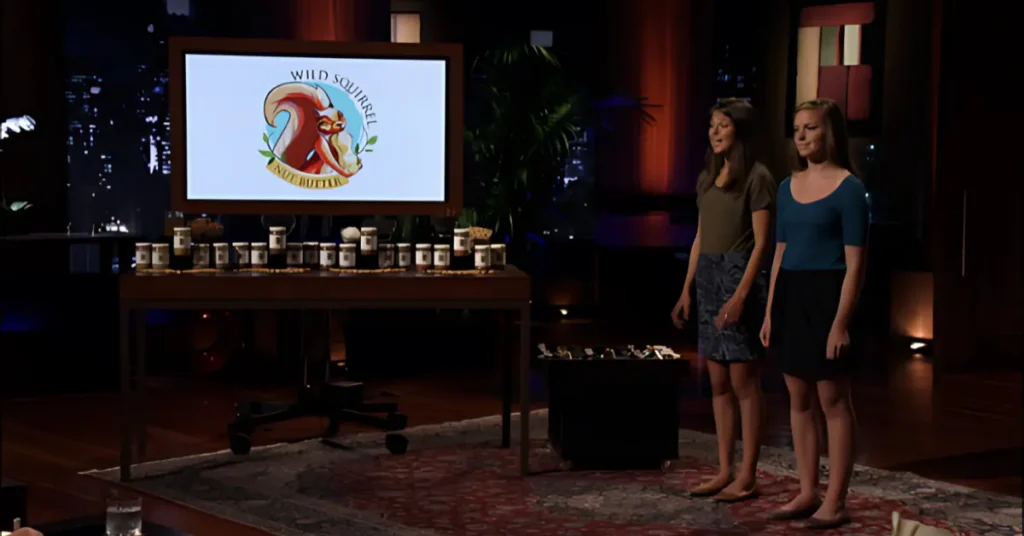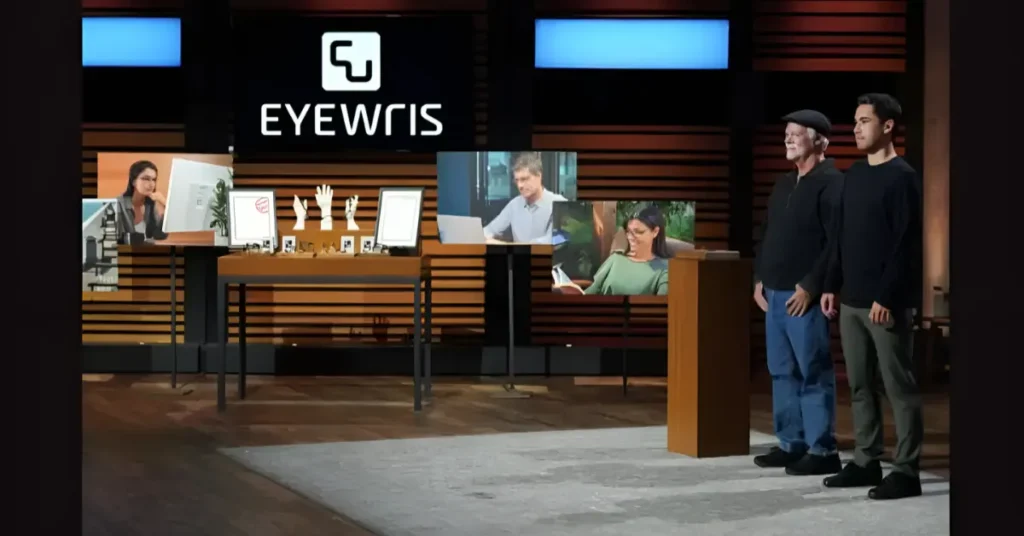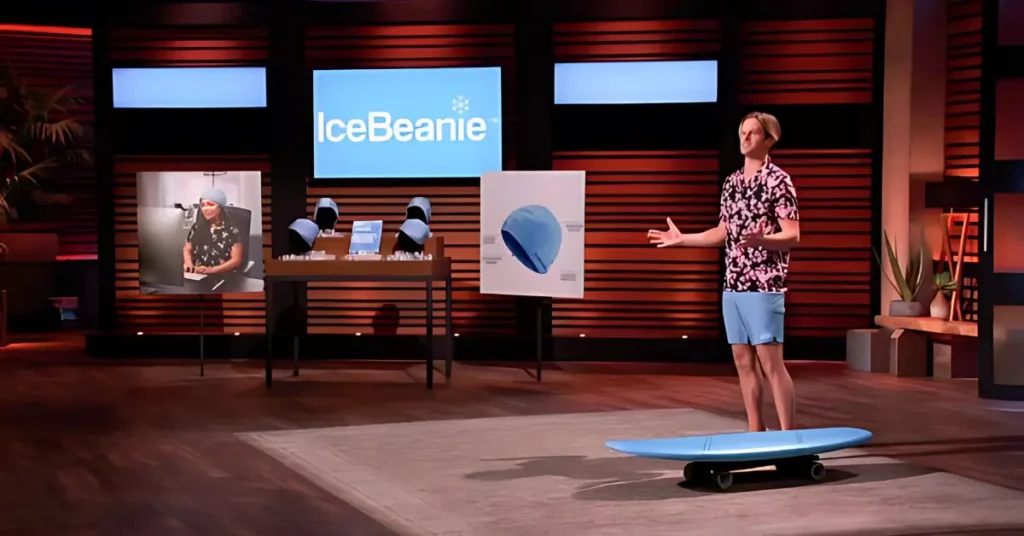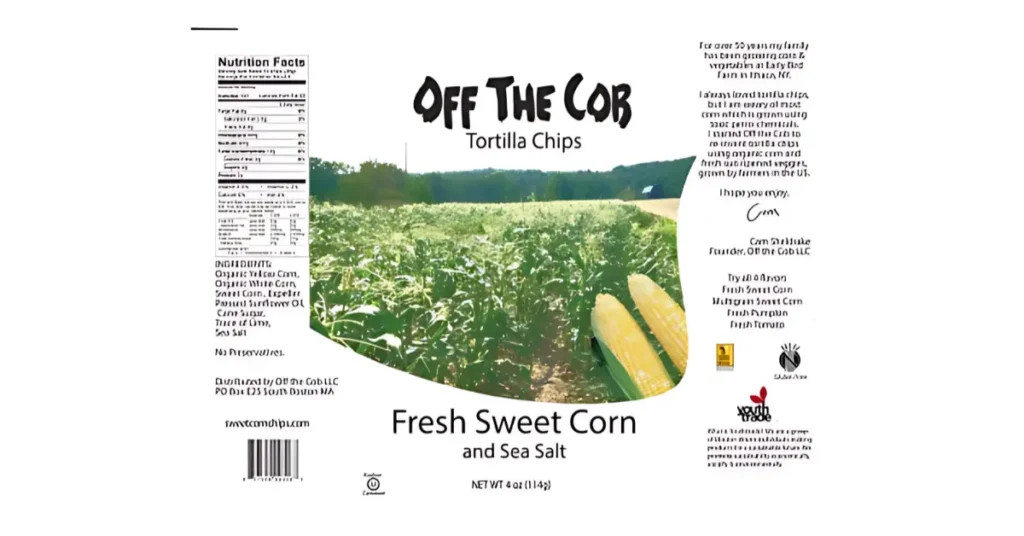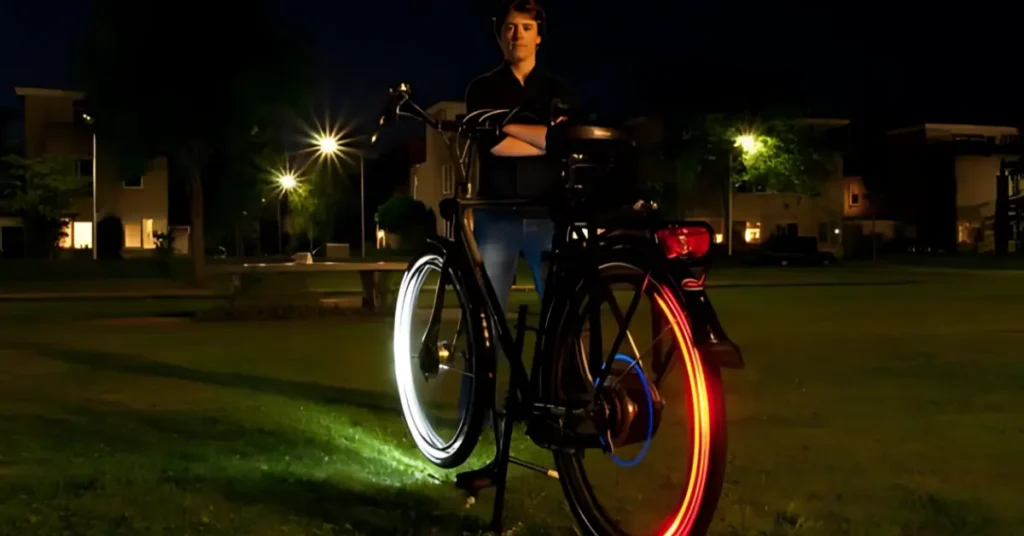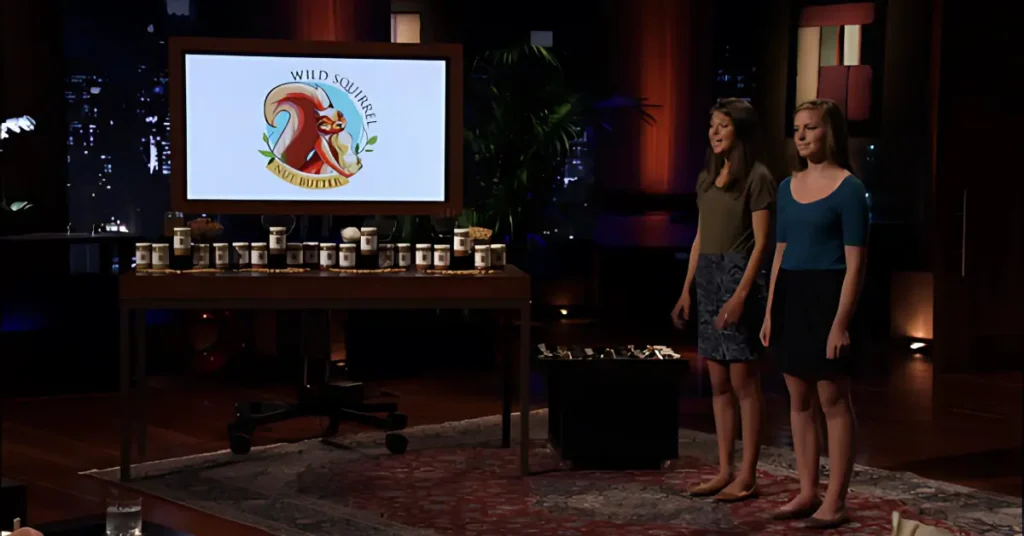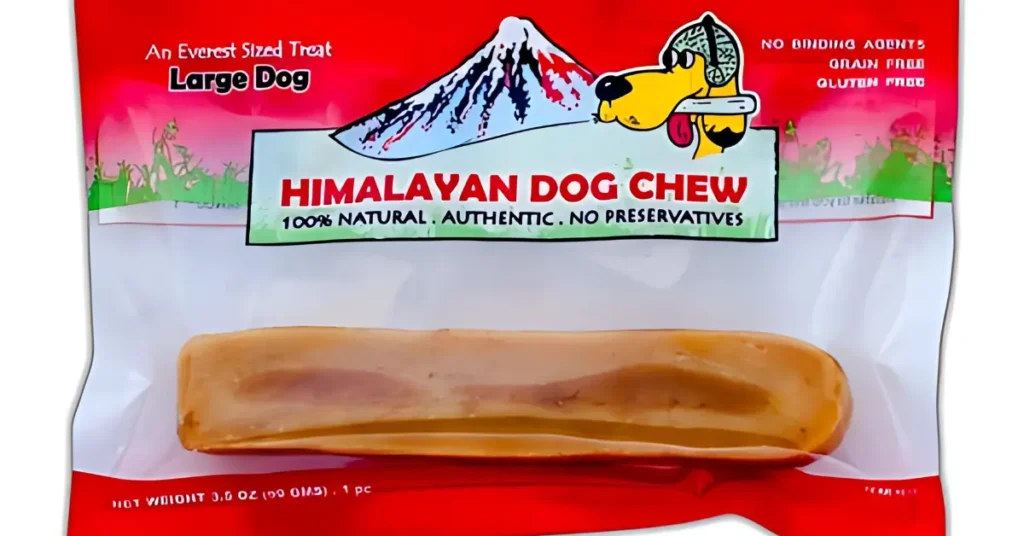Mother-daughter duo Amy and Marlo Leinbach introduced their innovative brand, Big Bee Little Bee, on Shark Tank Season 14, Episode 1405. Their mission? To create products that help reduce single-use plastics while making everyday life easier for both kids and adults. Their entrepreneurial journey, filled with both successes and challenges, offers key insights into product innovation, business growth, and the impact of Shark Tank exposure.
Table of Contents
ToggleBig Bee Little Bee Net Worth
While the company was valued at $500,000 during their Shark Tank pitch, their estimated net worth post-Shark Tank is unclear due to fluctuating sales and ongoing business developments. With $130,000 in annual revenue as of 2024 and growing product lines, their financial standing continues to evolve.
Key Takeaways
- No Deal on Shark Tank: The founders sought $100,000 for 20% equity but did not secure a deal due to concerns over product diversification and financial management.
- Innovative Product Line: Their hero product, The Scrubee, was the first silicone scrubber on the market, followed by the Marker Parker, reusable towels, and more.
- Sales Growth: Despite challenges, they achieved $130,000 in annual revenue (as of August 2024), primarily through Amazon sales.
- Valuable Entrepreneurial Lessons: The importance of focusing on a core product, understanding financials, leveraging media exposure, and engaging with customers effectively.
- Sustainability Mission: Their products aim to reduce single-use plastics while enhancing convenience for families.
Company Overview
| Category | Details |
|---|---|
| Brand Name | Big Bee Little Bee |
| Founders | Amy Leinbach, Marlo Leinbach |
| Industry | Consumer Goods |
| Products | Silicone scrubbers, organizers, reusable towels, and more |
| Funding Pre-Shark Tank | Self-funded |
| Investment Ask | $100,000 for 20% equity |
| Valuation | $500,000 |
About Big Bee Little Bee
Founded in 2016, Big Bee Little Bee was born out of Amy’s desire to reduce waste and her daughter Marlo’s creative inspiration. Amy, a former teacher and voice-over artist, and Marlo, a budding entrepreneur, launched their first product, The Scrubee, the original silicone scrubber on the market. The product quickly gained traction, setting the stage for their growing product line.
Their current lineup includes:
- The Marker Parker – A coloring organizer that helps kids keep track of their markers.
- The Scrubee Easy Grip Silicone Scrubber – A durable and reusable alternative to sponges.
- The Big Scrubee – A larger version of The Scrubee for heavy-duty cleaning.
- Build-a-Straw Easy Clean Silicone Straw – A reusable, customizable straw.
- Clean Bee Reusable Multi-Purpose Towels – A sustainable replacement for paper towels.
- Silicone Food Storage Containers – Their latest product designed for eco-friendly food storage.
The Shark Tank Pitch
Amy and Marlo entered the Shark Tank seeking $100,000 for 20% equity, emphasizing their mission to make everyday household items more sustainable. Marlo, at just seven years old, confidently showcased the Marker Parker, demonstrating its ease of use and kid-friendly design. While their product line was impressive, the Sharks had concerns about their diversified product focus and financial strategy.
Financial Highlights
- 2021 Sales: $230,000 (80% from The Scrubee)
- 2021 Profit: $2,200
- 2022 (July) Sales: $110,000
- Investment by Amy: $166,000 self-funded
- Product Costs & Pricing: The Marker Parker costs $2.71 landed and retails for $15
Did They Get a Deal?
Despite their passion and creativity, the Sharks did not invest in Big Bee Little Bee. Their main concerns were:
- Too many product offerings, leading to lack of focus.
- Inventory and cash flow challenges, especially with stock shortages.
- Amy’s cautious approach to numbers, which raised concerns about financial management.
While Kevin O’Leary admired Marlo’s confidence, he was unimpressed with Amy’s hesitation regarding financials. Mark Cuban acknowledged their resilience but cautioned against “inventor-itis” (spreading focus too thin). Lori Greiner and Emma Grede encouraged them to focus on one hero product before expanding. Robert Herjavec, initially interested, backed out due to their wide range of products.
Post-Shark Tank Journey
Despite not securing a deal, Big Bee Little Bee continued to grow. The company faced initial backlash online, with some critics accusing Amy of exploiting Marlo. However, Amy responded on TikTok, receiving overwhelming support from their customer base.
By August 2024, the company was selling over 700 units per month on Amazon, generating approximately $11,000 in monthly revenue ($130,000 annually), excluding website and wholesale sales. While their growth hasn’t skyrocketed post-Shark Tank, they have expanded their product line and built a loyal following.
Lessons for Entrepreneurs
The journey of Big Bee Little Bee offers key takeaways for aspiring entrepreneurs:
- Focus on a Core Product – Expanding too quickly can dilute a brand’s impact. Perfecting one product first can lead to stronger sales.
- Understand Financials – Investors need confidence in a founder’s financial management skills.
- Leverage Media Exposure – Shark Tank may not always result in a deal, but it provides valuable visibility.
- Customer Engagement Matters – Handling criticism and maintaining an authentic brand voice helps build a loyal community.
Conclusion
Big Bee Little Bee may not have walked away with a Shark Tank deal, but their determination, creativity, and customer loyalty continue to drive their business forward. Their focus on sustainability and innovation ensures they remain a promising brand in the consumer goods space.
